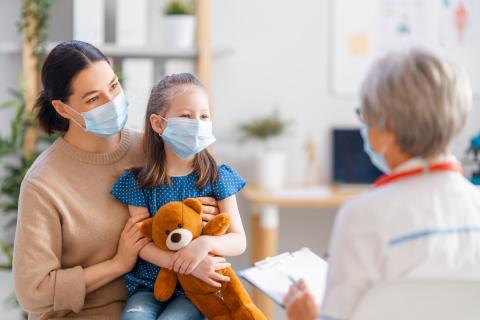
Author: Maira Kentwell, Melbourne Genomics Health Alliance
I've been reflecting on Diagnosis Day, the new series from Melbourne Genomics and GSNV.
It's reminded me that no matter how many patients I've seen over 20 years as a genetic counsellor, each person in front of you is like no other.
They will have their own story and experiences, their own personalities, values and beliefs and they deserve your utmost attention and respect. Hearing their unique story will help you understand who they are, what helps them grieve, what helps them cope and what they need from those around them – including health professionals.
It would've been handy to have a series like Diagnosis Day when I was starting out.
I might have learnt some key lessons a lot faster. For example:
- Know that it’s okay not to know all the answers straight away and it’s okay to let them know you don’t know and you will do your best to find out. What’s more important is understanding the family’s needs for support and coping.
- The moment a genetic diagnosis is delivered for the first time is hard to forget. It can be a traumatic moment, where everything matters – down to the words you use. Remember this each and every time you deliver a diagnosis.
- Connecting with other families and support groups may be just as important and as valuable as clinical information. It’s a way to empower families beyond the clinic.
- We need to accept that some families will seek information online, so it’s best if we help them do so in a safe, factual way.
Knowing the right information to provide or the exact complex counselling intervention doesn’t have to be at the forefront of your mind. Once you listen deeply and appreciate the family you have in front of you, most of your work is done. You use what you’ve learned about them to understand what information to deliver and how – in the context of their lives – to be the most effective at supporting them.
Hold their stories, be present, listen to the spoken and unspoken words. Even if you don’t feel like you’ve made an immediate difference, the space, time and support you have provided in that room can have lifelong impact. Remember the responsibility you hold and the impact it can have for families adjusting to a genetic diagnosis.
Watch an episode of Diagnosis Day where families hear their genetic diagnosis for the first time.
Where to work and study in genomics.
